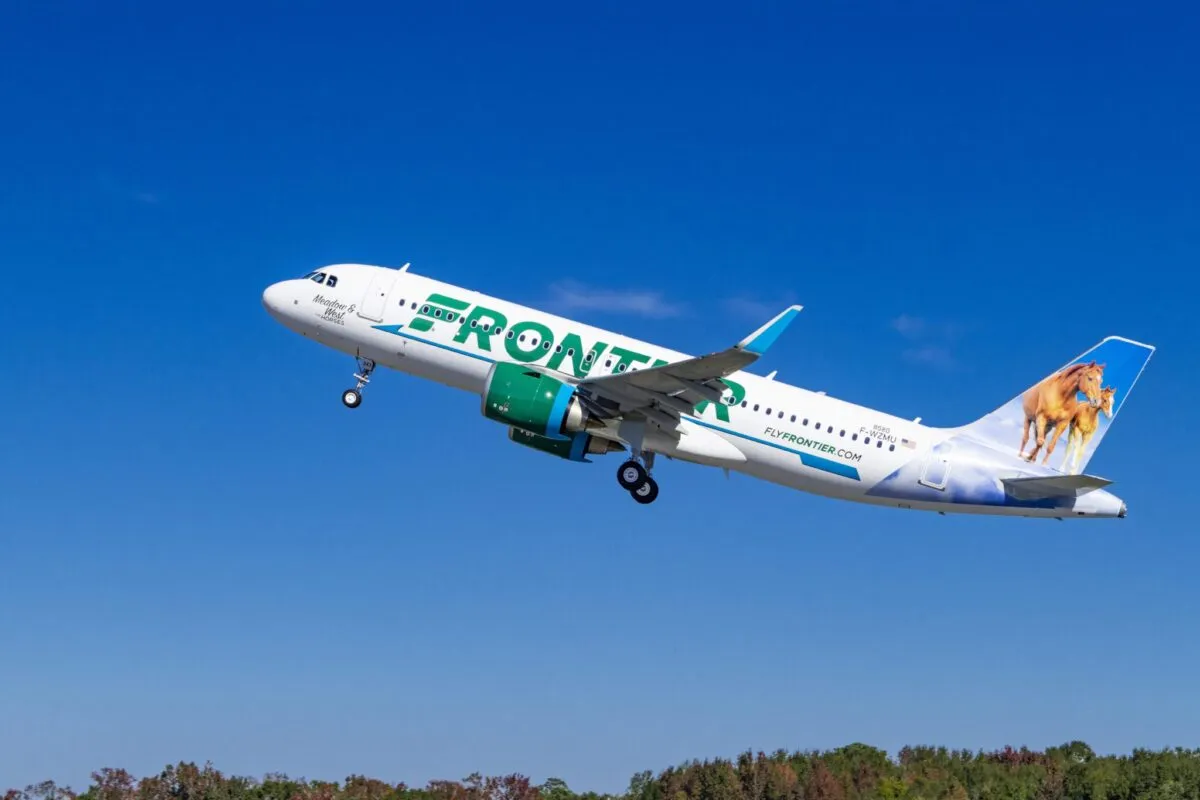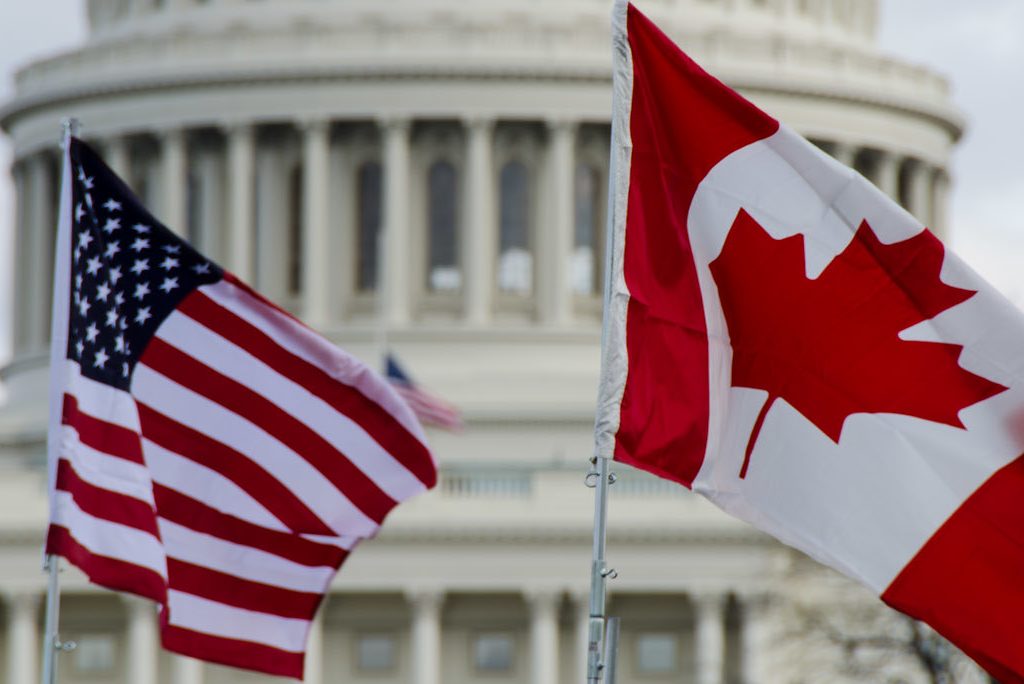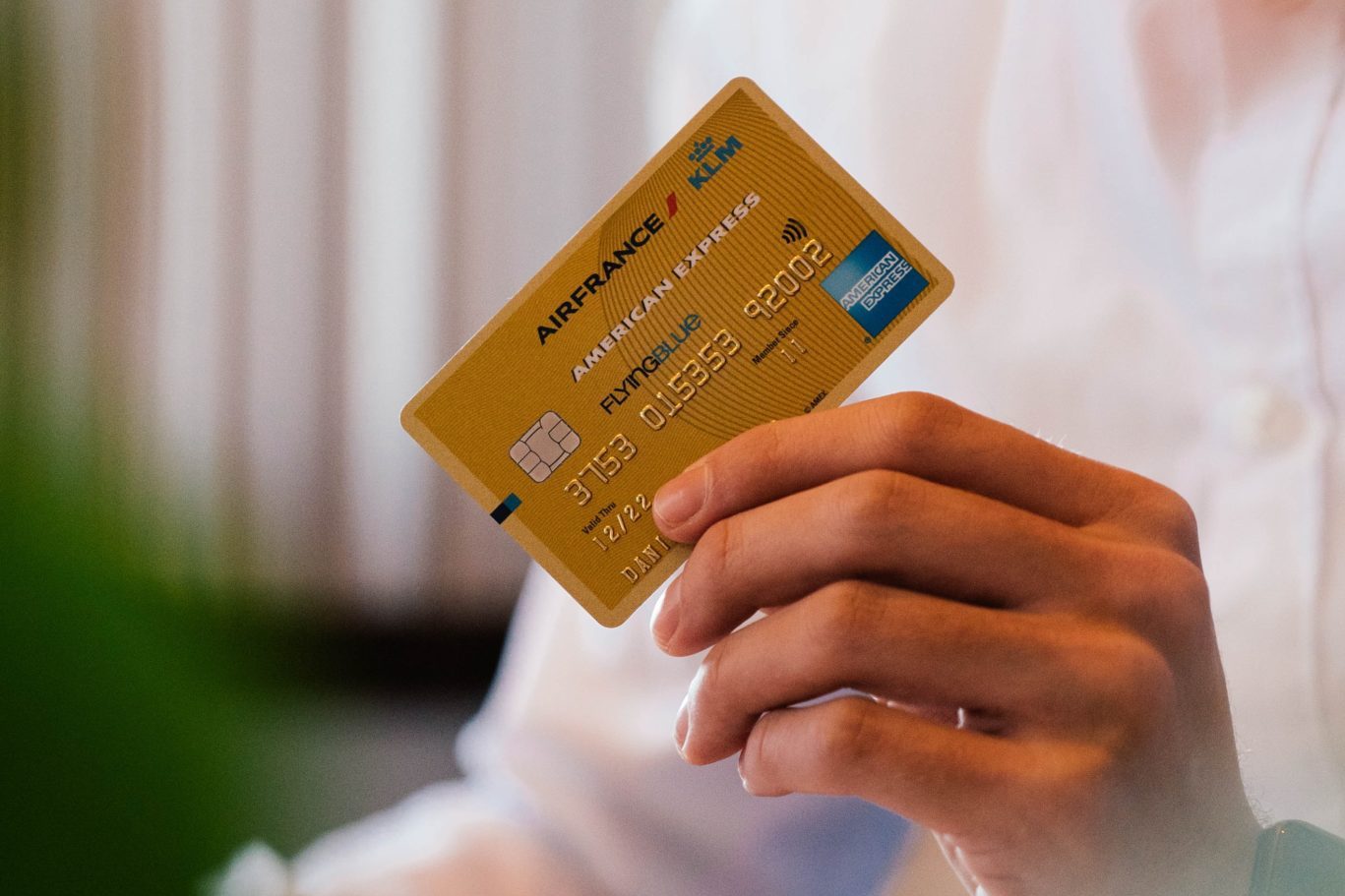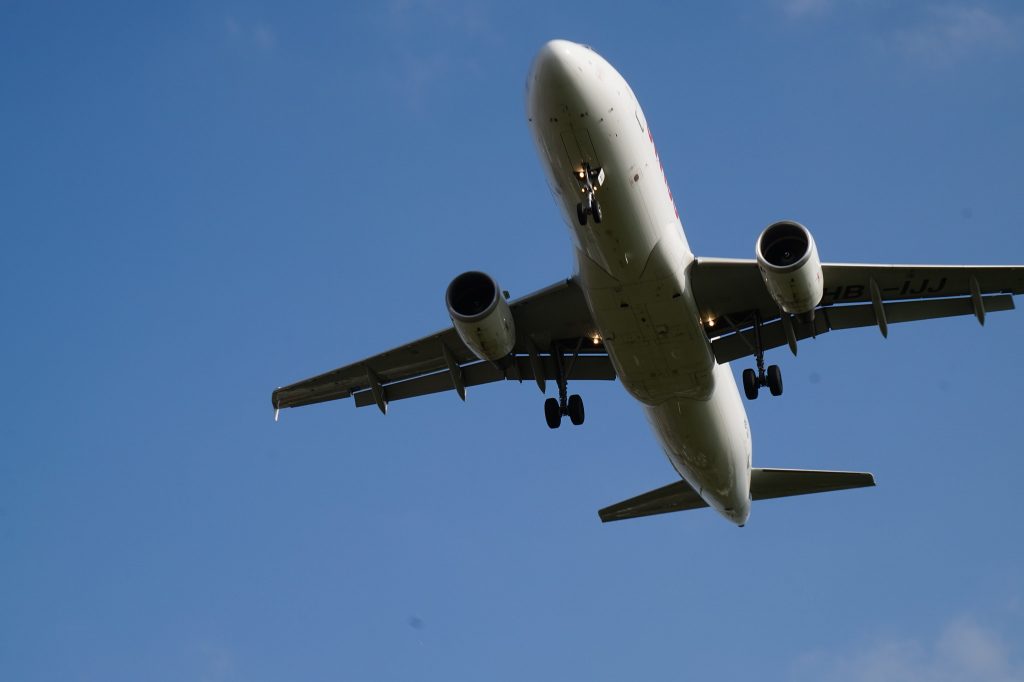Tour Operator Intrepid Travel to Open Its Own Branded Hotels Across Asia Pacific
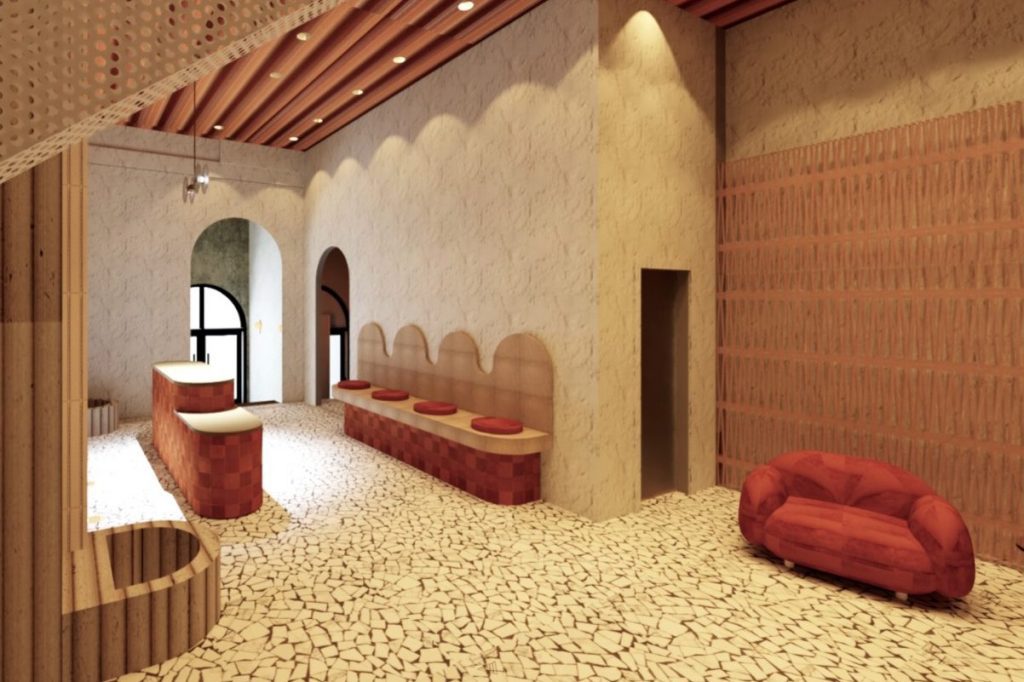
Skift Take
Another tour operator is throwing its hat into the ring of operating hotels, but this expansion strategy may hit a ceiling sooner than anticipated.
Australia-based Intrepid Travel Monday divulged plans to open as many as 15 hotels in Australia and New Zealand over the next four years. The plan hinges on a joint venture between Intrepid and Drifter Hospitality Group deploying capital on distressed assets and repositioning them into hybrid hotel/hostel properties targeting millennial travelers. Four hotels are slated to open as soon as next year.
While there are reports across the world and even in New Zealand regarding how distress hasn’t translated to major bargains for the hotel investor community, company leaders maintain there is a viable path for Intrepid to expand into the accommodation sector.
“There are plenty of distressed real estate assets in the market at the moment, particularly in Australia and New Zealand cities,” Intrepid Travel CEO James Thornton said in an interview with Skift ahead of the announcement. “We are raising a fund. That fund will acquire a series of distressed assets, [and] we will then turn most [of those] distressed assets around.”
The hotel/hostel projects will brand as “Drifter, an Intrepid Hotel” and feature private guest rooms as well as shared rooms. The brand aims to feature amenities like dining and cultural offerings in prime, urban locations while also promoting sustainability through food programs, furnishings, and general operations.
The venture’s initial roughly $56 million fund (AUD$75 million) will target hotels in Australia and New Zealand, but the plan is to eventually raise nearly $375 million (AUD$500 million) to fuel an operation across the Asia Pacific region.
Wellington, Auckland, and Christchurch in New Zealand as well as Brisbane in Australia are the planned first wave of cities for the new brand. But Sydney, Melbourne, Perth as well as Queenstown, New Zealand, are planned for phase two. Company leaders are eyeing markets in Vietnam, Thailand, and Cambodia — all places where Intrepid Travel books thousands of room nights annually for its tours, Thornton said — for the eventual, broader Asia Pacific expansion.
A Growth Headwind
An expansion plan targeting distressed assets isn’t foolproof.
Eager investors around the world waited for a crashing wave of distress or even just exhausted hotel owners to throw in the towel amid the pandemic and offer up properties for sale at deep discounts. Many of those investors are either still waiting for a deal or driving up prices on the limited number of properties that do come on the market.
New Zealand investors are no different, according to a study from real estate brokerage firm Colliers International featured Monday in the Daily Lodging Report. The study projected New Zealand hotel sales are likely to post a record this year with the pandemic not impacting prices.
“The bargain hunters are the ones being disappointed, as there is no evidence of distressed sales,” the Daily Lodging Report noted of the Colliers study.
Thornton isn’t dissuaded in his expansion plan by reports investors chasing distressed sales elsewhere in the world are coming up short. Instead, he sees opportunity because of just how shut down the borders, both international and domestic, were in his part of the world.
While Australia’s international borders have been closed for the duration of the pandemic, borders between provinces also shut down from time to time and dampened even a domestic travel recovery.
“Our city centers have been absolutely devastated because we've been in such extended period of lockdown for so long,” Thornton said. “You have prime real estate assets that we think we can acquire, reposition, and make three times the money off using the brand effectively as we start to come up the other side.”
Even the Colliers report notes the investment climate is better in New Zealand for more of a local group like Intrepid and Drifter compared to international investors trying to elbow their way in. Those buyers were largely shut out due to border closures and an unwillingness to buy a hotel without being able to see it first.
Thornton also noted the Intrepid-Drifter venture isn’t just beholden to buying hotel assets. Other asset classes in city centers, like office buildings, also present an opportunity.
“Real estate owners are looking for ways in which their investments over the kind of medium- to long-term can start to generate greater returns for them,” Thornton said. “One of the ways in which that can happen is through the inevitable rebound that will happen with leisure and business travel, but I'm not seeing it necessarily happening by being a real estate owner for office product.”
A Crowded Tour Operator Field
Intrepid isn’t the first tour operator to enter the hotel orbit.
TUI Group has more than 400 hotels in its network across brands like TUI Blue, TUI Magic Life, and TUI Sensatori. The company also has a major stake in RIU Hotels & Resorts. The Travel Corp. owns hotel the Red Carnation Hotel Collection. Thomas Cook also made a push into hotels before going bankrupt two years ago.
The push into the accommodation sector by many of these companies was about getting more pieces of the revenue pie from guests as they go about a vacation.
But Intrepid’s launch into the hotel orbit isn’t entirely tethered to its vacation packages. This is purely about getting into the hotel business, Thornton said.
“For me, it's more about the attraction of a new customer,” he added. “There’s no doubt there'll be some Intrepid customers that will stay in the hotels through our tour operations, but that’s not the key rationale for doing it.”

